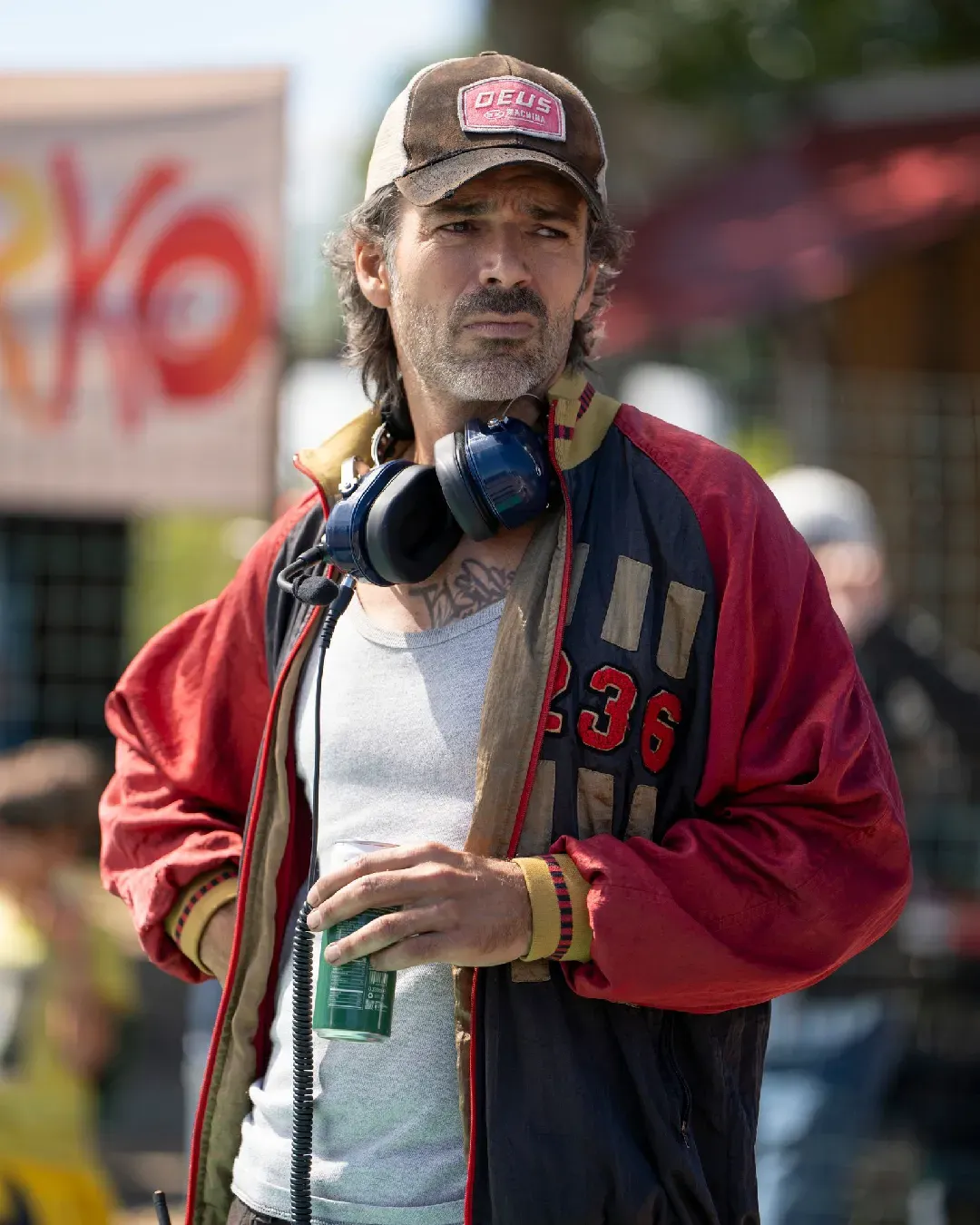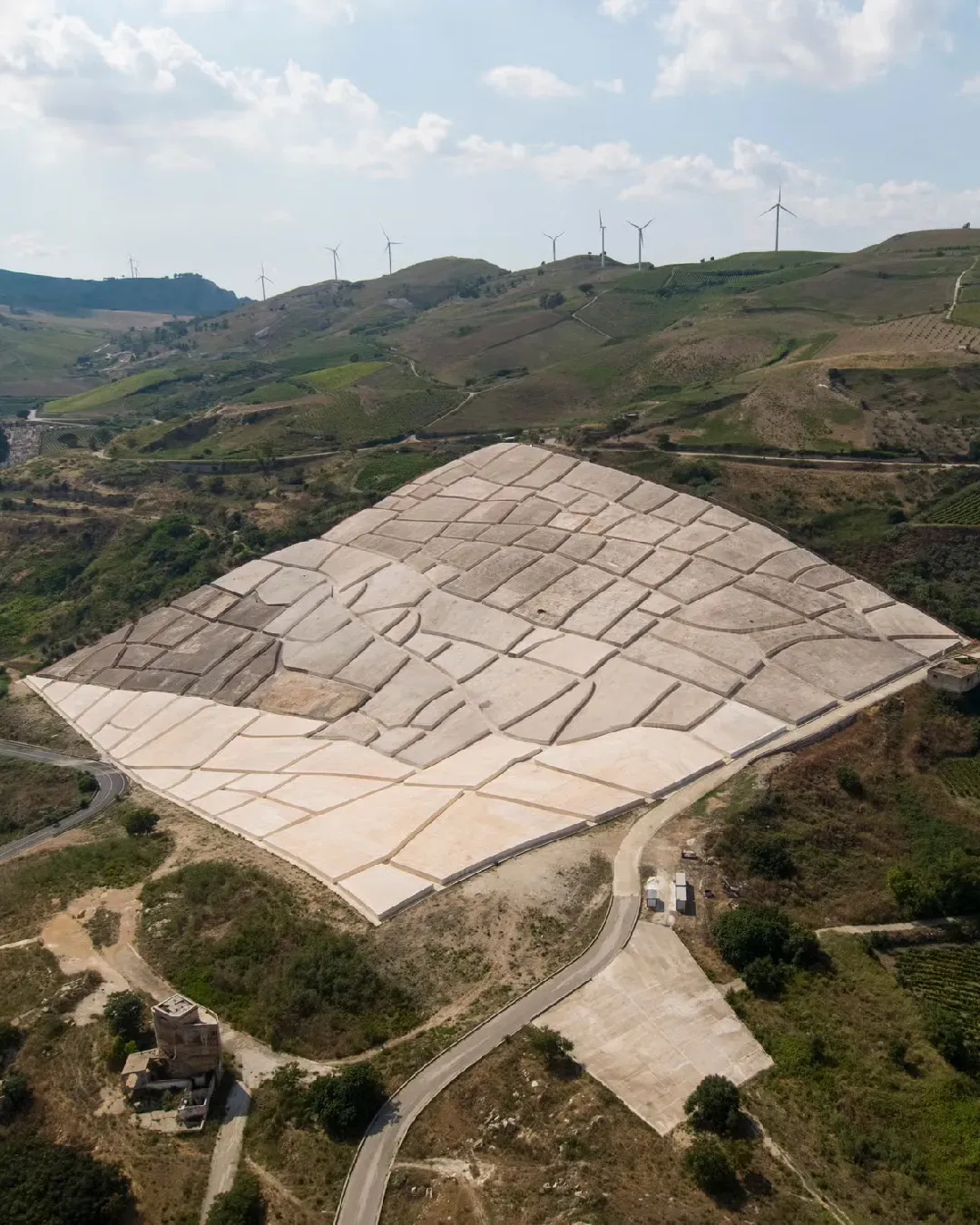
Who are Italy's climate change negationists? The new (now former) president of ARPA Lombardia seems to be one of them
The new president of ARPA Lombardia Lucia Lo Paolo, the regional agency for environmental protection, stated in an interview that she does not believe that «climate change is the result of human activity». Her position is contrary to that shared by practically the entire international scientific community – among researchers, the consensus on the fact that climate change is caused by greenhouse gas emissions from human activities is over 99% source. For this reason, opposition parties in the Regional Council of Lombardy have presented a motion to request the removal of the president – which has been passed. An exponent of the Brothers of Italy leading ARPA Lombardia since last August, her appointment had already been criticized by some parties, accusing her of not having the adequate experience for the position. The head of the Lombard environmental protection agency justified her statement by saying that climate change is a natural process, an opinion repeated several times and in different variants by those who deny human responsibility for the climate crisis. The climate has changed since the existence of Planet Earth (i.e., for the past four billion years), and we have evidence of this through geological traces, but these changes were generally gradual and occurred over extremely long periods of time. Since the modern age of humanity, however, the change has been much more rapid and significant.
The right in the face of the climate crisis
@telospiegasofia La Presidente dell’ARPA Lombardia (l’Agenzia Regionale per la Protezione dell’Ambiente), ha apertamente negato che il #cambiamentoclimatico sia causato dall’essere umano. È preoccupante che la presidente di un ente così importante abbia idee confuse sul cambiamento climatico, eppure there she is. La sua nomina è stata spinta da Fratelli d’Italia, con cui si era candidata alle regionali nel 2023, e grazie alla sua laurea in filosofia mai conseguita (2002-2003), ora si trova completamente impreparata a fare disinformazione sulla crisi climatica come tutti i negazionisti che si rispettino Good job, Lucia! Ancora una volta chissà se ci sveglieremo e capiremo che queste persone le paghiamo (e votiamo, direttamente o indirettamente) noi. Che amarezza. #FdI #italia #istituzioni suono originale - Sofia Pasotto
The president of ARPA Lombardia is not the only Italian right-wing politician who seems to deny or downplay, more or less veiled, climate change. Figures like Salvini – who holds an ambiguous position on the matter – or the League senators Claudio Borghi and Alberto Bagnai have repeatedly moved in this direction. The League is perhaps the most skeptical party about climate change and seems to have found in the issue a new pretext to favor the polarization of public debate. Among other things, Salvini has stated that the retreat of glaciers is due to historical climate cycles, and according to him, it is not related to pollution generated by human activities. Even though there is no clear line on climate change in the majority supporting the government, some representatives are pushing to take the phenomenon more seriously. «If anyone had any hesitation, they cannot fail to acknowledge the evidence now. In the face of giant hail, storms, tornadoes, and 47 degrees, who can deny?,» said Nello Musumeci, Minister for Civil Protection in the Meloni Government. However, these are personalities and alignments somewhat isolated within the right, historically more skeptical about this issue, both in Italy and abroad. Deputy Sergio Berlato, of the Brothers of Italy, for example, has argued that climate changes are not caused by human activities, «but by the activity of the sun». The MEP Carlo Fidanza, also from Giorgia Meloni's party, reiterates that climate changes have always occurred and should be addressed without apocalyptic tones. Andrea Giambruno, the former partner of the Prime Minister, has also expressed ironic considerations several times to minimize the issue, pretending not to understand or not really grasping the difference between weather and climate.
Global warming is present even if it's cold
@earthtopia Cold weather in a climate crisis #climatechange #snow #britishweather #coldweather #explained In The Forest (Acoustic Indie No Copyright) - Instrumental - Lesfm & Olexy
One of the favorite arguments of global warming and climate change deniers is the cold. In 2019, Trump took advantage of some particularly cold days in the United States – caused by the passage of Arctic currents – to downplay the relevance of the climate crisis. But it is important not to confuse meteorological events with climatic ones. Climate deals with phenomena that occur in the atmosphere over the long term; weather, on the other hand, concerns episodes limited in time and location. Global warming tends to exacerbate and make short-term individual events more frequent, such as heatwaves or storms, among other things. The same anomalous cold of a few years ago in North America, according to researchers, was exactly a sign of climate change. To make the difference between weather and climate even more accessible, The New York Times had put forth an effective analogy specifically for Trump: «Weather is like how much money you have in your wallet today, while climate is your savings. A billionaire who forgot his wallet at home for a day is not poor, just as a poor person who comes across a few hundred dollars does not suddenly become rich. What matters is what happens in the long run.»
Why it's better to take the climate crisis seriously
But are we sure it's the fault of humans? Yes. Since the mid-18th century, humanity has released billions of tons of carbon dioxide and other greenhouse gases into the atmosphere. In the past, it was believed that they could be absorbed by the oceans (and to some extent, they have, making them more acidic), but from the 1950s onwards, it began to be understood that this was not entirely the case. It has been about 70 years since humans have been more or less aware that they are causing climate change: the first articles explaining in general newspapers the role of human activities in global warming date back to 1953. 1880 is the first year for which we have sufficient data on global temperatures. Since then, global average temperatures have risen by 1.2°C, especially since the second half of the 20th century. In 2015, the signatory countries of the Paris Agreement on climate pledged to prevent temperatures from rising overall by 2°C compared to 1880. According to experts' forecasts, such an increase will cause a significant rise in sea levels, to the point of making large coastal areas uninhabitable (within a few decades, much of Miami will no longer exist), and the aridification of cultivated areas. All these upheavals will force millions of people to migrate: generally, a decrease in available resources combined with mass migrations tends to trigger social conflicts. Therefore, in the future, further wars exacerbated by the climate crisis are feared at current rates of greenhouse gas emissions into the atmosphere; the United Nations predicts that the increase in the global average temperature will reach 4°C by 2100.















































